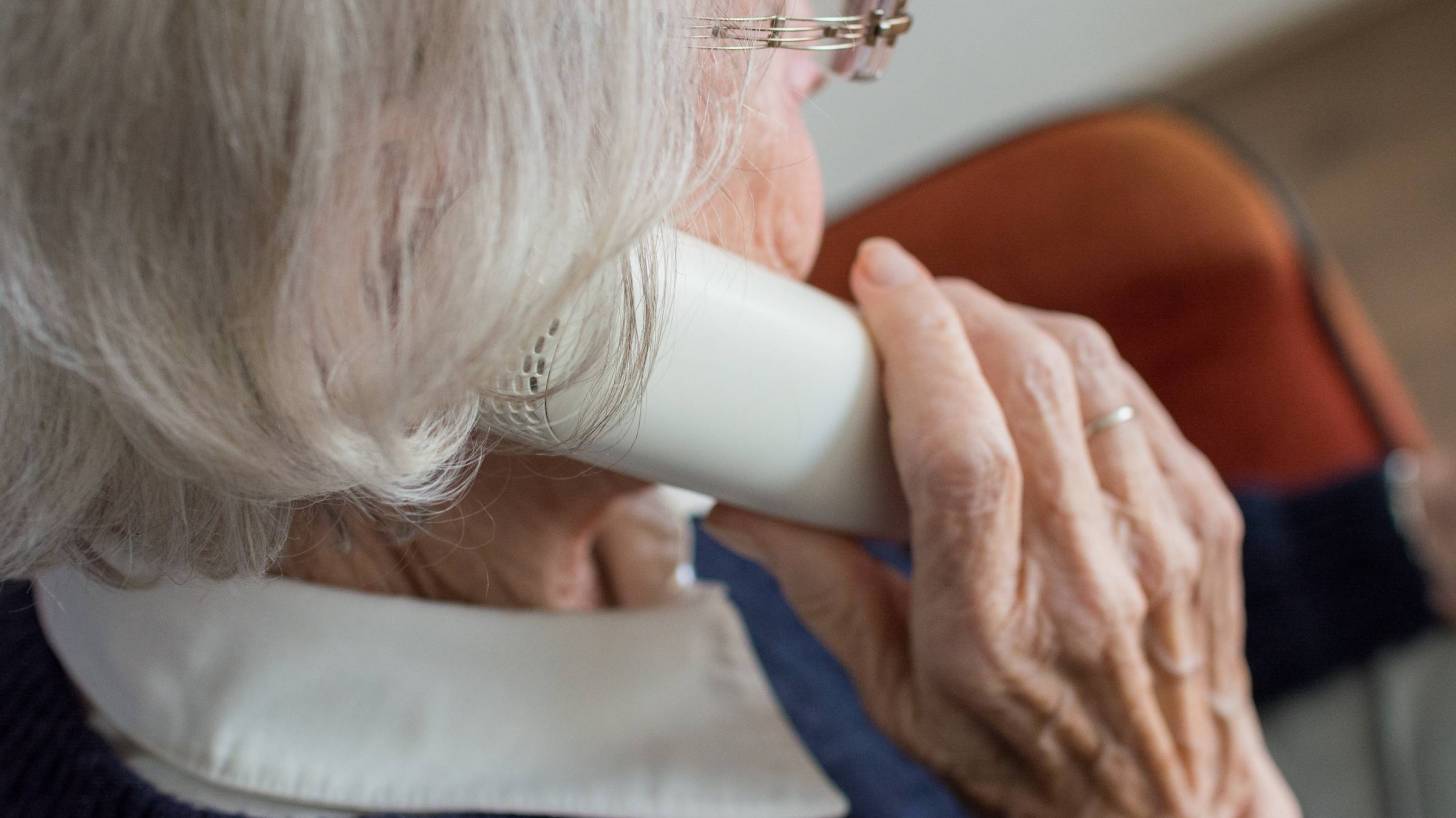Top 12 Shingrix FAQs

Shingrix, the preferred vaccine to prevent shingles, continues to be in short supply, and these shortfalls may last until 2019, reported the Centers for Disease Control and Prevention (CDC) on September 13, 2018.
GlaxoSmithKline (GSK), the manufacturer of Shingrix, says the level of consumer demand is ‘unprecedented in the vaccine business.’
“I am not surprised by the high demand of the new shingles vaccine, Shingrix. Our patients want the best protection available against shingles and most either know someone affected by shingles or have firsthand knowledge of this painful disease,” said Soni Bozeman, PharmD, Clinical Pharmacist, MTM and Immunization Specialist for Brookshire Grocery Company.
“The latest studies support the effectiveness of the vaccine, so I will continue to strongly recommend it for my patients."
Even though GSK says it is shipping “large volumes” of Shingrix to pharmacies, don’t expect increased availability until 2019.
That’s the subjective opinion of this reporter, after calling 10 different pharmacies around the country today, October 23rd, 2018.
And the consumer demand keeps increasing.
During their lifetime, about 30 percent of Americans will develop herpes zoster, which translates into an estimated 1 million new cases each year, reports Immunize.org.
GSK spokesman Sean Clements said to Modern Medicine in a statement, “Going forward, providers and patients can feel confident that more Shingrix doses are being made available and that they will be able to find the vaccine to complete their 2-dose series.”
While both consumers and pharmacies wait for GSK to improve their inventory situation, the CDC prepared several FAQs related to Shingrix:
1. What is the clinical guidance during the Shingrix delay?
Providers and patients should make every effort to ensure that the 2-dose regimen is administered within the recommended 2 to 6-month interval.
2. What should I do if I miss the 6-month window?
If more than 6 months have elapsed since the 1st Shingrix dose, administer the 2nd dose as soon as possible. Do not restart the Shingrix vaccine series.
3. Should I substitute Zostavax for the 2nd dose of Shingrix?
No.
4. Is Zostavax still available?
Yes, the CDC still recommends Zostavax for healthy adults 60 years and older to prevent shingles. This shingles vaccine may be used in certain cases, such as when a person prefers Zostavax or requests immediate vaccination and Shingrix is unavailable. Patients who have received Zostavax are recommended to subsequently receive Shingrix. Age and time since receipt of Zostavax may be considered to determine when to vaccinate with Shingrix (minimum interval of 8 weeks).
5. How long should a person wait to get Shingrix if they previously received Zostavax?
Studies confirmed that Shingrix was safe and immunogenic when administered 5 or more years after Zostavax. Intervals shorter than 5 years have not been studied.
6. Is there a difference between Zostavax and Shingrix?
Yes, the American Pharmacist Association says every immunization provider and the patient should understand the key differences between the two herpes zoster vaccines.
7. How long after a person received the chickenpox vaccine should I wait to give Shingrix?
Wait a minimum of 8 weeks after a person received Varivax to give the 1st dose of Shingrix.
8. Can I give Shingrix with other adult vaccines?
Yes, Shingrix is an inactive vaccine so you can administer it with other inactive or live vaccines. If you administer Shingrix and another vaccine to someone on the same day, get them in different arms. For more information see the Best Practices of the Advisory Committee on Immunization Practices (ACIP).
9. Can Shingrix be administered to immunocompromised individuals?
While Shingrix is not contraindicated in immunocompromised persons, it is not recommended by ACIP at this time. ACIP will begin reviewing evidence for Shingrix in immunocompromised people as soon as it becomes available and will modify vaccine policy as necessary. You can still give Shingrix to someone who is taking low-dose immunosuppressive medication, anticipating immunosuppression, or has recovered from an immunocompromising illness.
10. Is there new research supporting Shingrix’s efficacy claims?
Yes, a new analysis of two recent phase 3 clinical trials, estimated Shingrix's overall vaccine efficacy (VE) in reducing shingles illness was 98.4 percent in the first study and 92.1 percent in the pooled analysis. But, the VE in reducing shingles burden of illness was lower in patients over 80 years of age.
11. Are Shingrix and Pneumovax 23 Compatible for Seniors?
Yes, a phase 3 multicenter clinical study of 865 patients showed that the immunogenicity of two doses of RZV was unaffected by the co-administration of the first dose with PPSV23. And, that immunogenicity of PPSV23 was also preserved when co-administered with the first RZV dose. These researchers concluded that these results support the concomitant administration of RZV and PPSV23 at the same clinic visit for adults over 50 years of age, which might increase opportunities of older adults for vaccination against HZ and pneumococcal disease.
12. Which associations endorse shingles vaccinations?
Both the American Academy of Ophthalmology and the American Dermatological Association have announced support for the shingles vaccine in appropriate patients over the age of 50.
In summary, vaccines are like any medicine, which means they can have side effects, says the CDC. You are encouraged to report negative side effects of vaccines to the FDA or CDC.
Our Trust Standards: Medical Advisory Committee




























